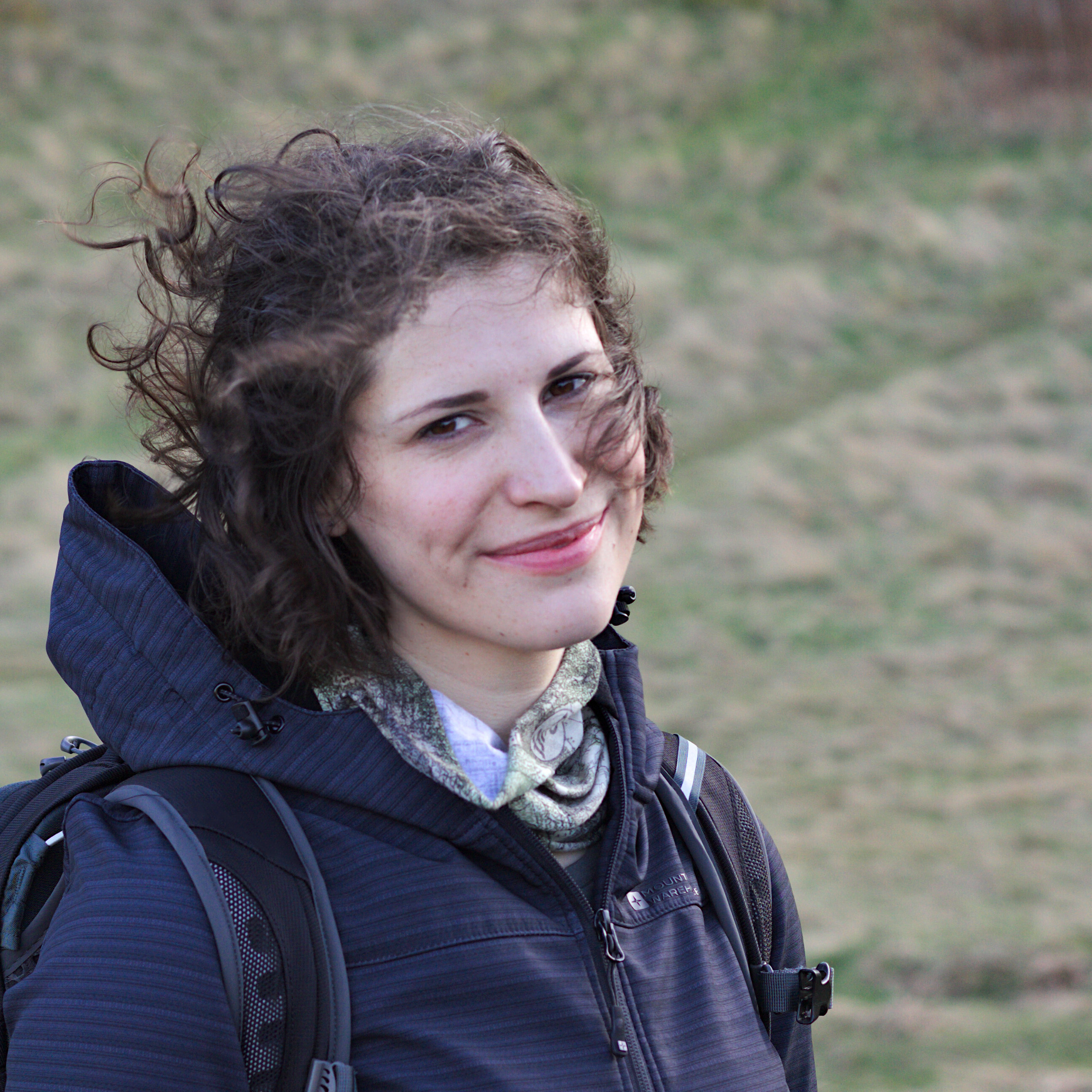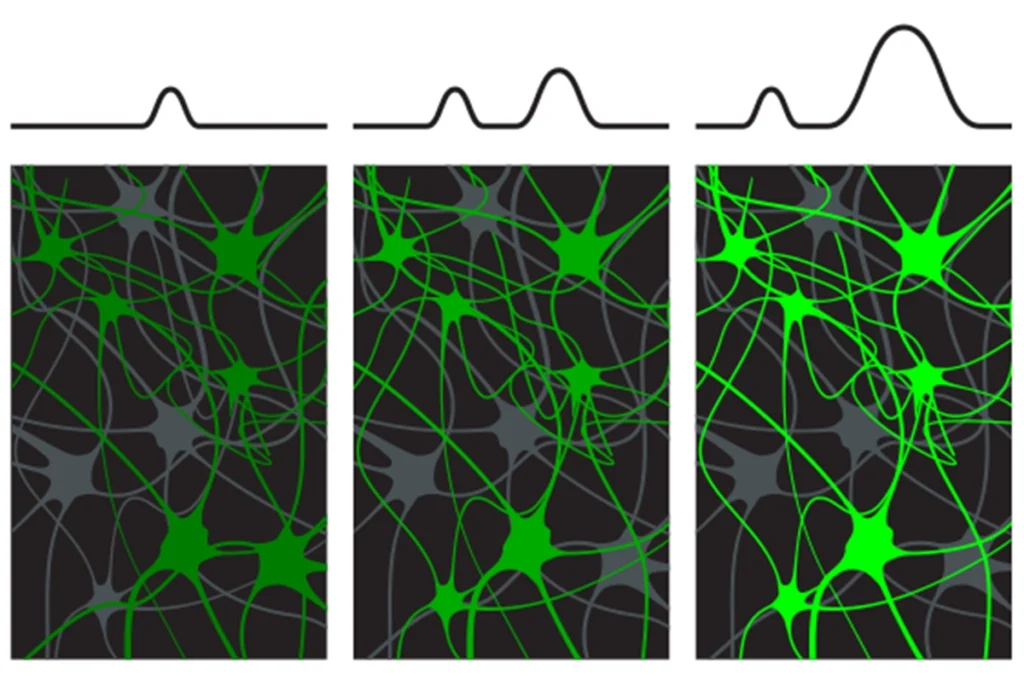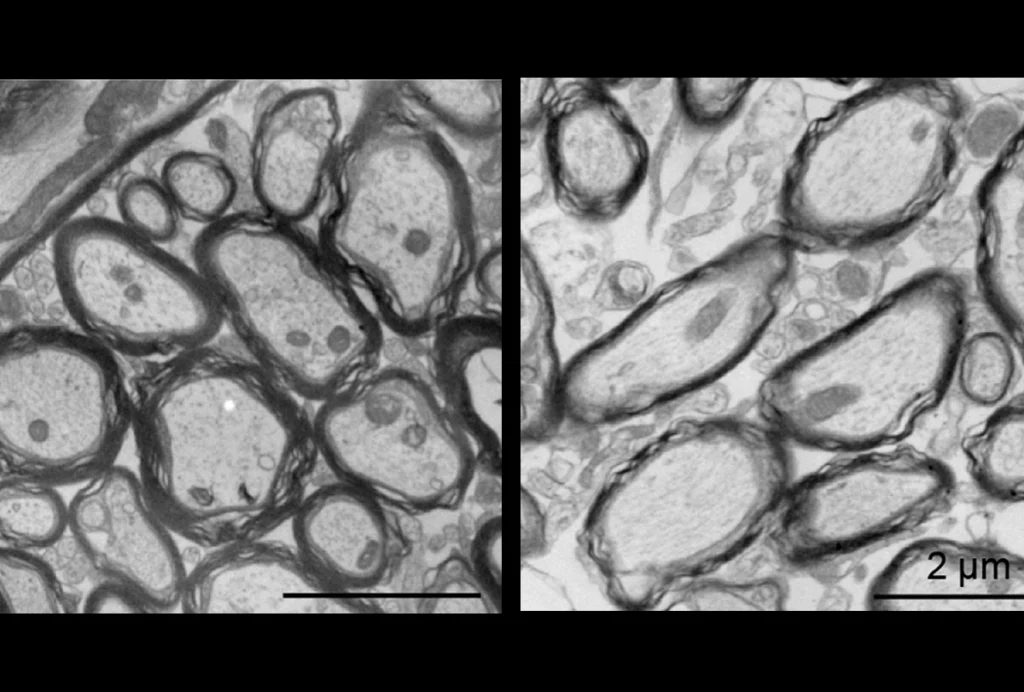Cathleen O’Grady is a freelance science journalist based in Scotland. Her work has appeared in The Atlantic, Hakai, National Geographic and Science, among others. She covers behavioral and life sciences, research integrity and science policy.

Cathleen O’Grady
Contributing writer
From this contributor
Spectrum 10K consultation report delayed
The U.K.-based genetics study launched the consultation more than a year ago in response to fierce criticism from autistic self-advocates.
Explore more from The Transmitter
Cocaine, morphine commandeer neurons normally activated by food, water in mice
Confirming a long-held hypothesis, repeated exposure to the drugs alters neurons in the nucleus accumbens, the brain’s reward center, and curbs an animal’s urge for sustenance.

Cocaine, morphine commandeer neurons normally activated by food, water in mice
Confirming a long-held hypothesis, repeated exposure to the drugs alters neurons in the nucleus accumbens, the brain’s reward center, and curbs an animal’s urge for sustenance.
X chromosome inactivation; motor difficulties in 16p11.2 duplication and deletion; oligodendroglia
Here is a roundup of autism-related news and research spotted around the web for the week of 6 May.

X chromosome inactivation; motor difficulties in 16p11.2 duplication and deletion; oligodendroglia
Here is a roundup of autism-related news and research spotted around the web for the week of 6 May.
Decoding flies’ motor control with acrobat-scientist Eugenia Chiappe
The tiny performers steal the show in Chiappe’s sensorimotor-integration lab in Lisbon, Portugal.

Decoding flies’ motor control with acrobat-scientist Eugenia Chiappe
The tiny performers steal the show in Chiappe’s sensorimotor-integration lab in Lisbon, Portugal.
